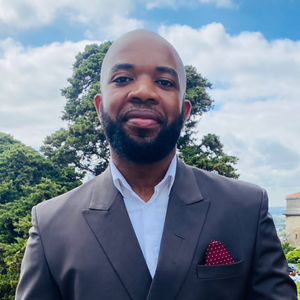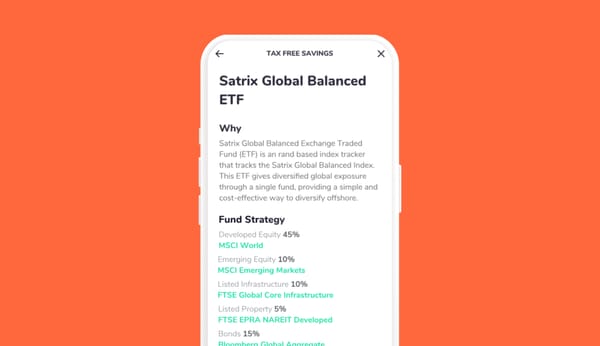Investing can often feel like a daunting task, especially when you’re starting out and everything seems overwhelming. I’ve been there myself. In fact, my journey to understanding and embracing investments was filled with moments of uncertainty and self-doubt, and many challenges. But each of these challenges led to significant learning curves that shaped my financial path. 📈
Here’s a glimpse into these challenges in my journey, and the key lessons I learned along the way.
Challenge 1: Feeling like a loser 😔
From a young age, I struggled with self-esteem issues. I was never the type to draw attention to myself, and my low confidence often led me to make poor financial decisions. I used to spend recklessly in an attempt to feel worthy, which only kept me in a cycle of being perpetually broke.
The book The Psychology of Money helped me understand this pattern. It explained that people spend money based on their values, which can either help or harm them. For example, I valued avoiding problems (through spending) rather than dealing with them directly. This awareness, combined with the book's lessons on the power of compounding returns, motivated me to manage my money wisely and turn my emotional relationship with money into a superpower.
Challenge 2: Having a tough father 👴
My father was as tough as a boot. He was always quick to remind my siblings and I that we owned nothing in his house. While this was challenging growing up, it instilled in me a deep sense of independence.
Even as a student, I was never comfortable with just the money I received from home. I always felt like I could do more. For example, I bought my fridge at res with money I earned from a small online job, improving Facebook’s translation AI algorithms. This was before the word ‘algorithm’ was mainstream. Unfortunately, Zucks never sent me any shares, but the experience taught me the value of seizing opportunities and investing in myself.
Challenge 3: Having ‘first generation’ parents🧑🤝🧑
Both of my parents were the first in their families to pursue education beyond high school. While this might seem like an admirable achievement, for many black families, being ‘the first’ in the family to do anything is a massive challenge. It’s like hiking Table Mountain with an elephant on your back.
Suddenly, everyone depends on you like you’re the government. Like many other ‘first generation’ families, my parents worked tirelessly to support not just our household, but also our extended family.
Watching my parents hustle tirelessly outside their 9-5 jobs showed me the importance of entrepreneurship and the power of having multiple income streams.
My parting advice
Reflecting on these challenges, I realise that the journey to becoming a successful investor is deeply personal and never smooth sailing. It’s about recognising the lessons in everyday experiences and challenges and using them to build a better financial future.
Picture yourself 10 years from now: are you practicing financial habits today that will make that future version of you happy? It’s never too late to learn. 📚
If you’re feeling lost or unsure about where to start, remember that every expert was once a beginner. Every small change brings you closer to your financial goals.







![How & Why You Should Do a Financial Reset [+ downloadable financial reset journal]](/blog/content/images/size/w600/2024/12/Setting-goals-for-the-year.png)


